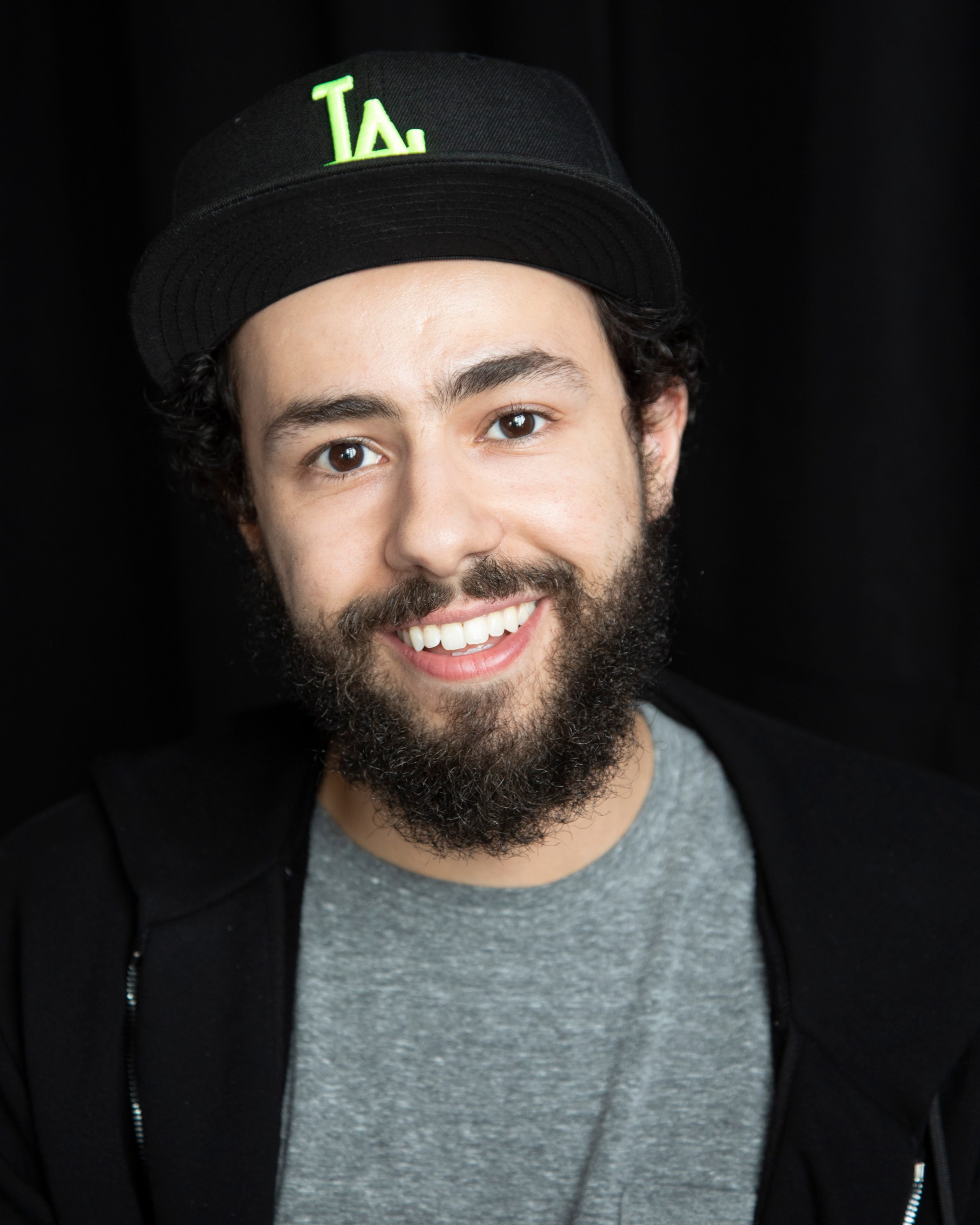
- Interviews
HFPA in Conversation: Ramy Youssef, Breaking Barriers
It is a time to take risks. That’s how Ramy Youssef described the success of his show to HFPA journalist Sam Asi. Youssef, born in Queens to Egyptian parents grew up in New Jersey. He got interested in storytelling when he was a teenager. “One of the first things I ever bought was a camera when I was 13 and I started making and editing things like music videos with my friends. I was really lucky, I went to a high school that had a really good TV program and I learned how to edit and how to story tell. That was my first taste of making things and being in things even. But I couldn’t connect the dots that it would actually be a profession because I didn’t know anyone who had anything to do with the industry. Not even just because I come from a family that’s Arab or Muslim but I was in New Jersey and there was no one in my scope or anyone that I knew that even knew someone who was in the film industry. So that all felt very distant, it didn’t feel real but I knew that I loved it.”
After high school, he felt he was done with entertainment and he should study law. “But I couldn’t really stop, I still kept making things, I kept performing. And then that actually ended up in me enrolling in an acting program. I was doing that while kind of working towards this vague degree that might be a law career at the same time and then it kind of got clear that one of them was going to have to stop.”
When he was 19 he got Bell’s palsy, a condition in which the muscles on one side of one’s face become weak or paralyzed. “I remember I had it for six months and this was right as I was trying to figure out am I going to be an actor and then half of my face stopped working. It was a really crazy six months for me because I had to accept the fact of ok, maybe my face won’t work again, but I was holding out faith and I remember actually praying on it and just being, ok if my face works again then I’m going to pursue acting.”
When he got better he told his parents that he is going to pursue acting. “That was the first time that I got the courage to do that. And I thank my parents because they saw what I went through they couldn’t really say anything because they just didn’t want to stress me out more.”
He dropped out of school in December and by the end of January, he booked a pilot and moved to Los Angeles two months later. In 2017 he had a recurring role on Mr. Robot. And this year he released Ramy, the first Muslim Arab TV show in the United States and a stand-up comedy show, Feelings. “It all collapsed in this way that I didn’t expect.”
But how did it happen? “I think two things. One is the media landscape. I think I got to have a show named Ramy before anyone even knew who I was and part of that is because there are a lot of streamers now, there are a lot of outlets and over 500 shows on TV and people are, in terms of the history of the industry, this is risk-taking time, this is the time to do it. It’s the time to take a risk and to go for newer talent, for things that aren’t explored.”
The other reason is the political atmosphere. “We are living in a time that is scary for a lot of people but it has a lot of clarity. I think in this country, even after 9/11, for a long time we lived in this illusion that that was a thing that happened but there’s no hate in this country and everything’s fine. We elected Obama, there’s no problem. I think that this country has really shown a lot of what’s happening underneath and a lot of what people are feeling and a lot of the misunderstanding, a lot of the prejudice, a lot of the things that I think especially in Hollywood we tried to pretend are behind us are really not.”
Listen to the podcast and hear why he was supposed to become a lawyer; when he got interested in the entertainment business; what kind of influence one of his uncles had on him; when he started to do sketch comedy; why he ruined his mother’s car’s steering wheel; what kind of kid he was; why he thought he had to stop making comedy; what is his relationship with faith; why he calls himself a practicing Muslim; why he thinks his life is a contradiction; how 9/11 affected him personally and professionally; why he didn’t get roles when he moved to Los Angeles; how he got inspired to create his own show; why it is a good time for a TV show like Ramy

